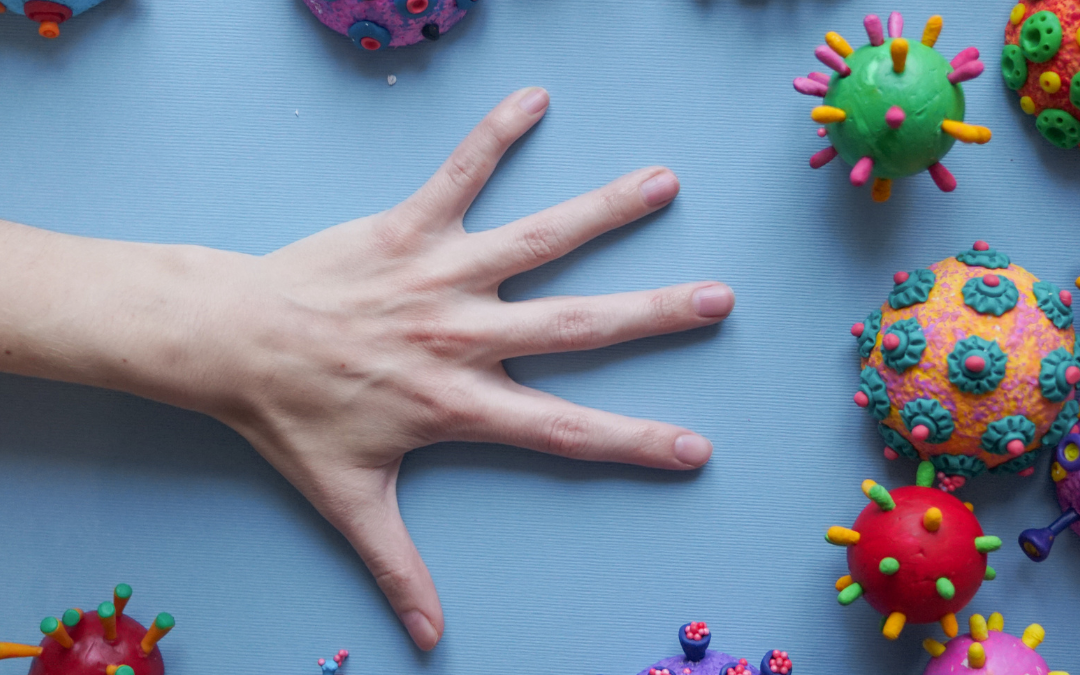In a recent breakthrough, Alexandra Morales, Víctor Amorós-Reche, Jose P. Espada and Mireia Orgilés have developed and evaluated the psychometric properties of a new tool called the Coping Inventory for Children and Adolescents during the Pandemic Lockdown (CICAP-11). The study aimed to understand and assess the coping strategies employed by children and adolescents when faced with the challenges of pandemic-related home confinement.
A total of 467 parents of children aged 3 to 18, with a gender distribution of 45.4% female, participated in the study. The parents completed the CICAP-11 along with other measures assessing anxiety and depressive symptoms online. The development of this innovative inventory drew upon insights from relevant previous studies and expert criteria.
Utilizing Exploratory Structural Equation Modeling (ESEM), the researchers identified a three-factor structure within the CICAP-11. These factors represent task-oriented, emotion-oriented, and avoidance-oriented coping strategies, each measured by 11 items. The obtained subscales demonstrated not only good reliability but also strong evidence of validity.
The CICAP-11 proves to be a promising tool for clinicians and researchers alike. It offers a nuanced understanding of how children and adolescents navigate the complexities of pandemic-related home confinement. By identifying and addressing these coping strategies, the inventory could serve as a valuable resource for professionals working with young individuals during such challenging times.
This research lays the groundwork for further exploration of the CICAP-11’s potential applications in clinical and research settings. As the world continues to grapple with the impact of pandemics, tools like the CICAP-11 may play a crucial role in supporting the mental well-being of the younger population.

